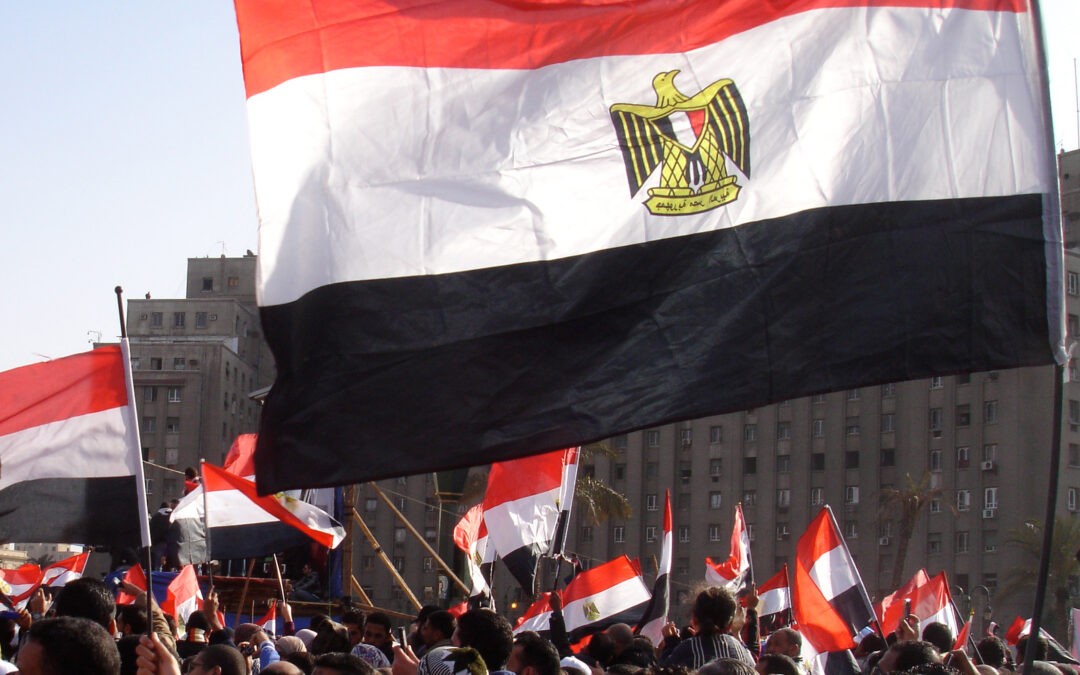
Apr 25, 2013 | News
The ICJ calls on the Egyptian authorities to take immediate steps to guarantee the rights of victims of human rights violations to an effective remedy and to reparation for the serious harm many have suffered.
The authorities should initiate, as a matter of the highest priority, prompt, thorough, independent and impartial investigations into past and ongoing human rights abuses, including cases of arbitrary detention, torture and ill-treatment, and extrajudicial and other unlawful killings.
The statement comes as the ICJ concludes a high-level mission to address the human rights situation in Egypt and to examine the measures being taken by the authorities to address both the legacy of human rights abuses and to ensure accountability for them.
“The Egyptian authorities should ensure that the pattern of widespread and systematic human rights violations committed under the former regime is not repeated. This will involve the comprehensive reform of State institutions and the revision of the national legal framework with a view to ensuring that the rights of victims are safeguarded in line with international standards,” said Justice Kalthoum Kennou, ICJ Commissioner and member of an ICJ mission to Egypt. “Such reforms should target the police and security forces, the Office of the Public Prosecutor, the Forensic Medicine Office and the judicial system as a whole, including by restricting the jurisdiction of the military justice system to exclude civilians and all cases involving human rights violations.”
The ICJ notes that current reparation programmes, established by the government, have a restricted mandate, which has resulted in the arbitrary exclusion of numerous victims and their families from these programmes. They also do not ensure the accessibility of the range of reparations required under international law. Most importantly, such programmes have failed so far to ensure accountability for past and ongoing human rights violations.
“The very few proceedings against State officials have resulted in acquittals or sentences that are not commensurate with the gravity of the crimes committed. In order to end this cycle of impunity, the Egyptian authorities must hold those responsible for gross human rights violations accountable through criminal prosecutions,” said Alejandro Salinas, a Chilean lawyer and member of the ICJ mission. “They should also establish a transitional justice mechanism with sufficient guarantees of independence and with a comprehensive mandate to address the legacy of past and present human rights abuses, while ensuring that impunity does not become entrenched.”
The delegation was led by ICJ Commissioner, Justice Kalthoum Kennou, and Alejandro Salinas, and was supported by ICJ legal advisers, Alice Goodenough and Marya Farah. The delegation met with the then Minister of Justice, Ahmed Mekki, Justice Adel Omar Sherif of the Supreme Constitutional Court, the President and Secretary-General of the National Council for Human Rights, Hossam Al Gheryani and Abdallah El Ashaal, the Director of the National Council for the Care of the Revolution’s Martyrs, Families and Wounded, Khaled Badwy, the Vice President of the Court of Cassation and Secretary General of the High Judicial Council, Justice Mohamed Mahgoub, Chairman of the Human Rights Committee of the Shura Council, Ehab Kharrat, members of the judiciary, the legal profession and civil society, as well as a number of victims, and the families of victims of human rights violations committed before and after the departure of former President Mubarak.
Contact:
Said Benarbia, ICJ Senior Legal Adviser of the Middle East and North Africa Programme, tel: 41 22 979 38 17, e-mail: said.benarbia(a)icj.org
Egypt-ICJ calls auhorities-Press release-2013-Arabic (full text in PDF)
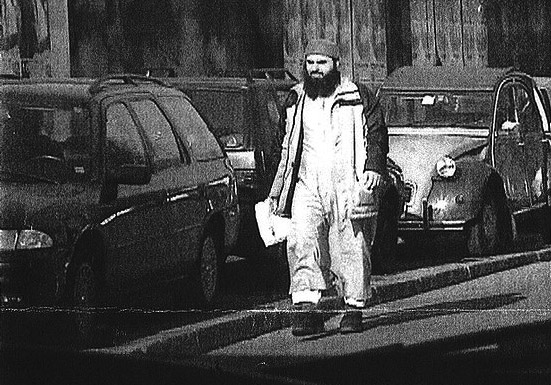
Apr 8, 2013 | News
 The ICJ today expressed its deep concern at the decision of the President of the Republic of Italy to pardon Colonel Joseph L. Romano III, following his conviction by an Italian court for complicity in the rendition of Osama Moustafa Hassan Nasr, also known as Abu Omar (photo).
The ICJ today expressed its deep concern at the decision of the President of the Republic of Italy to pardon Colonel Joseph L. Romano III, following his conviction by an Italian court for complicity in the rendition of Osama Moustafa Hassan Nasr, also known as Abu Omar (photo).
“This pardon deals a serious blow to the rule of law and to accountability for CIA renditions and secret detentions, a system which involved torture, enforced disappearances, arbitrary and secret detention and other serious crimes under international law,” said Massimo Frigo, Legal Adviser with the ICJ Europe Programme. “Italy stood honourably as the only country where an effective prosecution had been brought against CIA and Italian agents responsible for crimes under international law committed through the CIA rendition programme. This pardon deletes, in a single stroke of the pen, years of relentless efforts of prosecutors, investigators and lawyers to assure accountability for these crimes under international law.”
The ICJ emphasized that the pardon granted by the Italian President of the Republic, Giorgio Napolitano, in his last weeks of office, defeats the efforts of the judiciary to uphold the State’s international law obligations to investigate, prosecute and bring to justice those responsible for gross violations of human rights.
“By nullifying the effects of years of efforts of the Italian judicial system, this pardon seriously undermines Italy’s action against impunity and weakens the very foundations of the rule of law,” Frigo added. “The fact that the President of the Republic justified this action by raising the “peculiarity of the historical moment” of 9/11, thus suggesting that a kind of state of exception for the rule of law could have existed, is an unacceptable position under international law.”
The ICJ deeply regrets this decision of the President of the Republic to use his prerogative of pardon to prevent accountability for such an egregious violation of the rule of law in name of US-Italian diplomatic relations.
The ICJ condemns this pardon and stresses that it must not constitute a precedent and that other convictions in this case must not be nullified by pardons or amnesties. All European countries must uphold their duty fight against impunity for gross violations of human rights.
Any further circumvention of accountability for perpetrators of renditions or other gross human rights violations would only extend the cloak of impunity over the rule of law in Europe.
Contact:
Massimo Frigo, Legal Adviser, ICJ Europe Programme, massimo.frigo(a)icj.org
PR-Italy-RenditionPardon-2013-eng (english version)
PR-Italy-RenditionPardon-2013-ita (italian version)
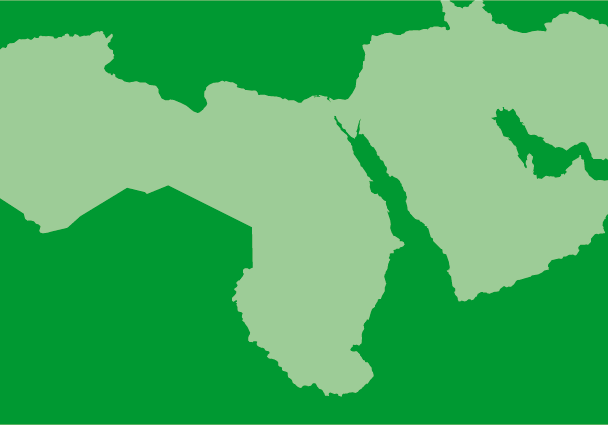
Mar 12, 2013 | News
The ICJ today condemned the blatant disregard by the UAE of the right to a fair and public trial, after its international observers were prohibited from attending the first two hearings of criminal proceedings against 94 individuals.
The detainees include judges, lawyers and human rights defenders. The hearings took place before the State Security Chamber of the United Arab Emirates (UAE) Federal Supreme Court.
The ICJ observers were turned away on 4 and 11 March 2013 by police officers before they reached the court.
“The ICJ deplores the decision of the UAE authorities to conduct the trial of the 94 detainees behind closed doors and to deny access to all international observers for both the opening and second hearing of this trial”, said Ketil Lund, ICJ Commissioner, former Supreme Court Judge of Norway and one of the two ICJ observers who was denied access to the court.
“This denial, combined with consistent and credible reports that detainees have been subjected to torture and other ill-treatment, including prolonged solitary confinement, and denied full access to defence counsel, both during questioning and in preparation for the trial, are inconsistent with fair trial standards and cast serious doubts about the fairness and the outcome of the process.”
Under international law and standards and UAE law, all criminal trials must be open to the public, subject to narrow exceptions not apparently applicable in this trial.
The denial of access to international observers itself constitutes a serious violation of the right to a fair trial.
The ICJ calls on the UAE authorities to fully investigate reports of torture and ill-treatment of the detainees and ensure that information obtained through such practices are not used as evidence in the criminal proceedings.
The UAE authorities must also ensure that as long as the accused remain in detention, their right to have full and unrestricted access to lawyers, including the right to consult in private, medical personnel and family members are fully guaranteed.
The ICJ notes that the accused are charged with “establishing, founding and administering an organization, Da’wat Al Islah, with the aim of challenging the basic principles upon which the government of the State is based, taking control of the government and establishing a secret structure for the organization” (Decision of referral No.79 of 2012 (State Security) of 27 January 2013).
“These ill-defined charges, which fail to meet international law requirements of legal certainty, criminalise the enjoyment and exercise of the rights of all UAE citizens to freedom of expression and association, and to fully take part in the conduct of public affairs. The UAE authorities must therefore drop these charges and put an immediate end to this unfair judicial process,” Lund added.
Contact:
Said Benarbia, ICJ Senior Legal Adviser of the Middle East and North Africa Programme, tel: 41 22 979 38 17, e-mail: said.benarbia(at)icj.org
UAE-right to a fair trial-press release-2013-Arabic (full text, pdf)
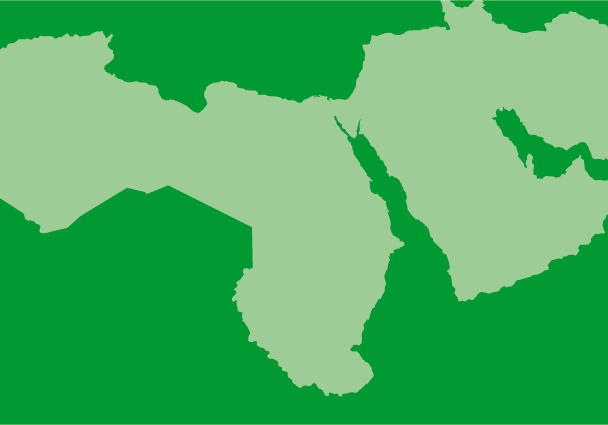
Mar 4, 2013 | News
The ICJ expressed its concern over the criminal trial of 94 individuals, including judges, lawyers, academics, human rights defenders and civil society activists, in the State Security Chamber of the UAE Federal Supreme Court.
Following a wave of arbitrary arrests and detention, which began in March 2012, the case was referred to the Supreme Court on 27 January 2013.
“The ICJ is gravely concerned over the fairness of the upcoming proceedings, including the lack of any right of appeal, the lack of restrictions on the use of evidence obtained through torture or ill-treatment and severe restrictions imposed on the rights of the defence, in contravention of international human rights law, including the Arab Charter on Human Rights, to which the UAE is a party,” said Said Benarbia, ICJ Senior Legal Adviser of the Middle East and North Africa Programme. “Furthermore, allegations of torture and ill-treatment by detainees, including incommunicado detention, prolonged solitary confinement, sleep deprivation and verbal and physical abuse, must be promptly, impartially and thoroughly investigated.”
The ICJ further notes that there have been violations of international fair standards.
These include the failure of State authorities to formally charge defendants, severe restrictions on access to legal counsel, including during questioning and the failure to disclose case files to the defence until a few days before trial.
Until two weeks before the trial, there was a single lawyer acting for all detainees and other lawyers who tried to assist have faced harassment, including detention and deportation, the ICJ says.
The trial is part of a broader crackdown by the UAE authorities in response to a petition signed by 100 academics, legal professionals, and civil society activists, in March 2011, for political reforms and increased public participation in government.
“The ICJ condemns the use of criminal proceedings to suppress peaceful calls for increased democracy as an unlawful restriction on the right to freedom of expression,” Benarbia added. “Extending the clampdown on critics to include numerous members of the legal profession severely compromises the Rule of Law in the UAE.”
Contact:
Said Benarbia, ICJ Senior Legal Adviser of the Middle East and North Africa Programme, tel: 41 22 979 38 17, e-mail: said.benarbia(at)icj.org
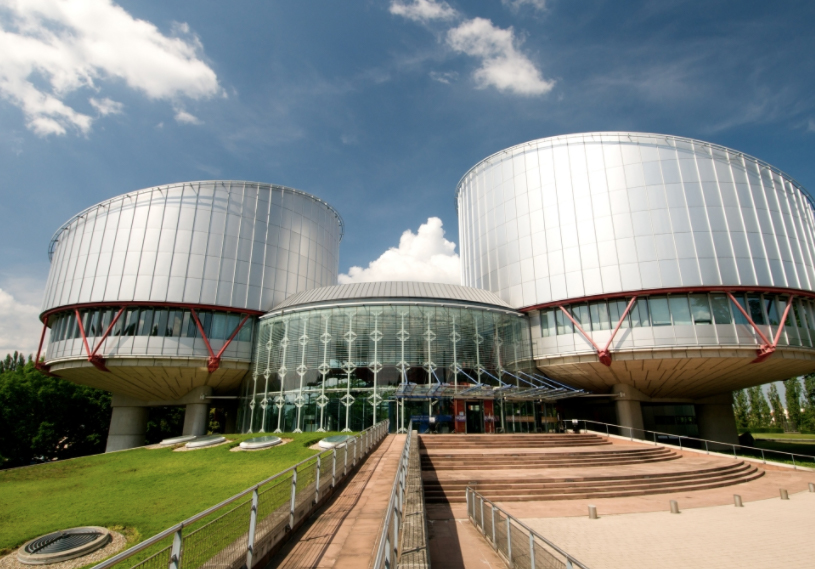
Feb 25, 2013 | Advocacy, Cases, Legal submissions
 The ICJ and Amnesty International presented additional observations in the case Al Nashiri v Poland before the European Court of Human Rights.
The ICJ and Amnesty International presented additional observations in the case Al Nashiri v Poland before the European Court of Human Rights.
In their supplementary third party intervention, the ICJ and AI outlined developments in light of the case El-Masri v the Former Yugoslav Republic of Macedonia on enforced disappearances, on diplomatic representations in light of the Grand Chamber’s findings on responsibility for violations outside the jurisdiction, on the gross human rights violations that detainees previously held in the USA’s secret detention and rendition programme are currently enduring, and on relevance of the Grand Chamber’s observations in El-Masri in relation to any potential resort to ex parte materials and procedures.
Poland-ICJAI-SupplAmicusBrief-AlNashiri v Poland-legal submission-2013 (download the third party intervention)











